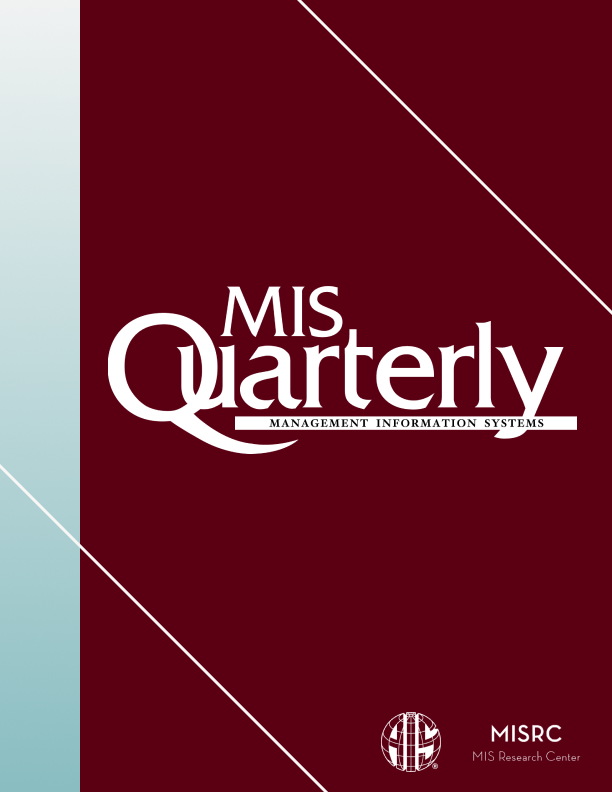没有新闻就是坏消息:互联网、腐败和第四媒体的衰落
IF 7
2区 管理学
Q1 COMPUTER SCIENCE, INFORMATION SYSTEMS
引用次数: 0
摘要
#html-body [data-pb-style=CRVEIBX]{justify-content:flex-start;display:flex;flex-direction:column;background-position:left top;background-size:cover;background-repeat:no-repeat;background-attachment:scroll}数字化带来的互联互通伴随着内容聚合的出现、假新闻的泛滥以及行业领导者地域范围的扩大,所有这些都削弱了当地的报道能力。在这部作品中,我们将研究互联网带来的变化对一个具有理论和实践意义的结果--腐败--产生的影响。由于报纸被视为地方社区的重要调查手段,因此如果没有报纸,地方腐败分子就有可能更加胆大妄为。为了验证这一假设,我们利用全国主要日报分阶段停刊的情况,采用了差分法。我们的研究结果表明,联邦腐败指控与报纸停刊之间存在明显的正相关关系。此外,我们没有观察到任何证据表明在线新闻供应商的增加或新闻民主化会改善这种影响。这表明,数字化公司地理覆盖范围的扩大存在一个关键问题,即对地方问题的 "信息盲区"。本文章由计算机程序翻译,如有差异,请以英文原文为准。
No News is Bad News: The Internet, Corruption, and the Decline of the Fourth Estate
The rise of the internet has upended numerous industries, but none more so than news production. The connectivity fostered by digitization has been accompanied by the emergence of content aggregation, the proliferation of fake news, and the extended geographic reach of industry leaders, all of which have served to hollow out local reporting capacity. In this work, we examine the result of changes wrought by the internet on an outcome of theoretical and practical significance: corruption. Inasmuch as newspapers are viewed as an important investigative arm of local communities, it is possible that corrupt local actors will be emboldened in their absence. To test this hypothesis, we employed a difference-in-differences approach, exploiting the phased closure of major daily newspapers across the country. Our results indicate a significant and positive correlation between federal corruption charges and newspaper closures. Further, we observed no evidence that the rise in online news vendors or the democratization of the press ameliorates this effect. This suggests a key issue with the increased geographic reach of digitized firms in the form of “information blindness” to local issues.
求助全文
通过发布文献求助,成功后即可免费获取论文全文。
去求助
来源期刊

Mis Quarterly
工程技术-计算机:信息系统
CiteScore
13.30
自引率
4.10%
发文量
36
审稿时长
6-12 weeks
期刊介绍:
Journal Name: MIS Quarterly
Editorial Objective:
The editorial objective of MIS Quarterly is focused on:
Enhancing and communicating knowledge related to:
Development of IT-based services
Management of IT resources
Use, impact, and economics of IT with managerial, organizational, and societal implications
Addressing professional issues affecting the Information Systems (IS) field as a whole
Key Focus Areas:
Development of IT-based services
Management of IT resources
Use, impact, and economics of IT with managerial, organizational, and societal implications
Professional issues affecting the IS field as a whole
 求助内容:
求助内容: 应助结果提醒方式:
应助结果提醒方式:


